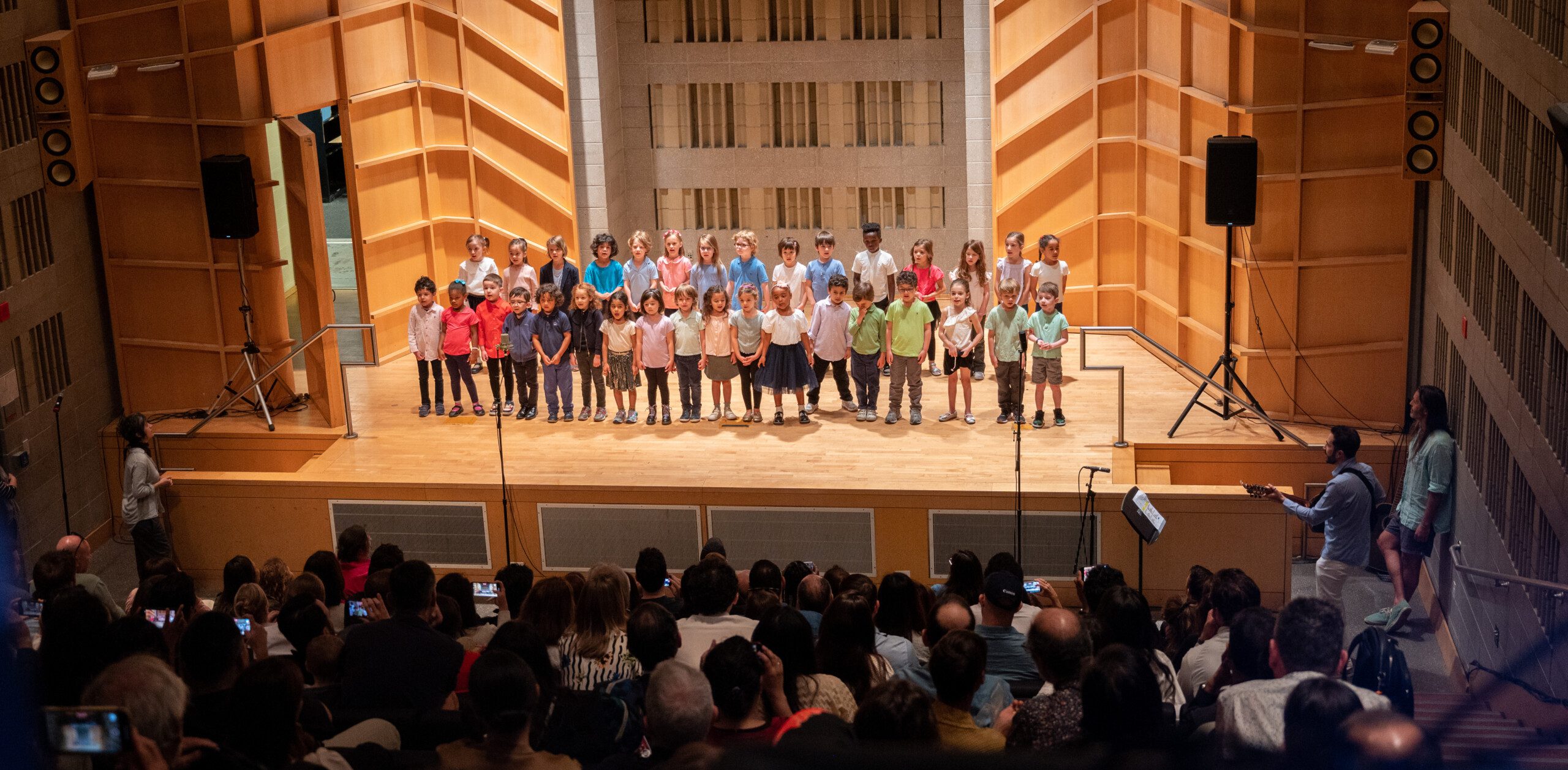More than 10 years ago, I was living a relatively carefree life in Shanghai. During the hot, humid months of fall, I filled my lungs with the scent of street food wafting from the carts dotted around the old town. Andria sat behind me on my knockoff electric Vespa, and we zipped, helmet-free, around the Former French Concession, pinching ourselves at our good luck and relishing our adventurous lives. At the weekend, I jogged through the streets of nearby neighborhoods–running around race tracks in state-of-the-art stadiums filled with elderly Shanghaiese–physical activity at every stage of life was encouraged by the Chinese authorities, and walking backward and rotating your arms was the national sport of the over-90s. The sky above us was indeed gray, yellow, brown, sometimes purple, sometimes indescribable, but what did I know about Asian skies? Like Asterix, I wasn’t afraid of the sky unless it was falling on my head.
One sunny morning in the fall of 2012, the US consulate (located one block from our apartment) unexpectedly published the air quality index online after months of measuring it in secret. Carefree lives were suddenly overwhelmed with worry. No one was surprised to learn that the air wasn’t clean, but no one had imagined it was toxic. It never crossed our minds that the simple act of breathing could be to blame for Andria’s persistent cough and my increasingly mediocre race times. We had been living obliviously for months in such a polluted environment that the figures were mind-boggling: 350, 700, 1,000, and even 1,200 when the wind blew smoke our way from the industrial zones manufacturing Christmas toys for excited children all over the world.
It didn’t take long for the collective anxiety to reach the doors of our school. What were we doing to protect the children? What steps were we taking to prevent them from breathing this poisonous air? We brought in experts to explain the situation and tell us what we could do about it. We listened wide-eyed as they described the magnitude of the challenge. Fine particles are so tiny they travel everywhere–at home, at school, in our living rooms, in our offices, through our masks. The only solution was to move as little as possible, breathe calmly, and regularly hose the playground with water to keep the darned particles on the ground. For weeks, there was a silent circle of children in the playground–because shouting meant opening your mouth too wide and breathing too hard. It stayed that way until tempers calmed, until we installed newer, more advanced air filtration systems in the classrooms, until, like with everything else, we begrudgingly accepted our lot and gradually started talking about something else.
I often think of that time in Shanghai when I brush my teeth in the morning with my bamboo toothbrush. Every little helps, I try to convince myself. It came immediately to mind on Wednesday when night fell on New York City at around 2 p.m., and the sky turned an all-too-familiar shade of yellow.
Like some of you, I’ll attend the Kindergarten graduation on Monday morning. It’s one of my favorite events of the year. I’ll make a speech–not a serious one, mind you, because to paraphrase Rimbaud, one is not serious when one is in Kindergarten. But with all my heart, I’ll be wishing for a life of blue skies and clean air for our kindergarteners. It might seem like a simple wish, but it’s not something that everyone can take for granted.


